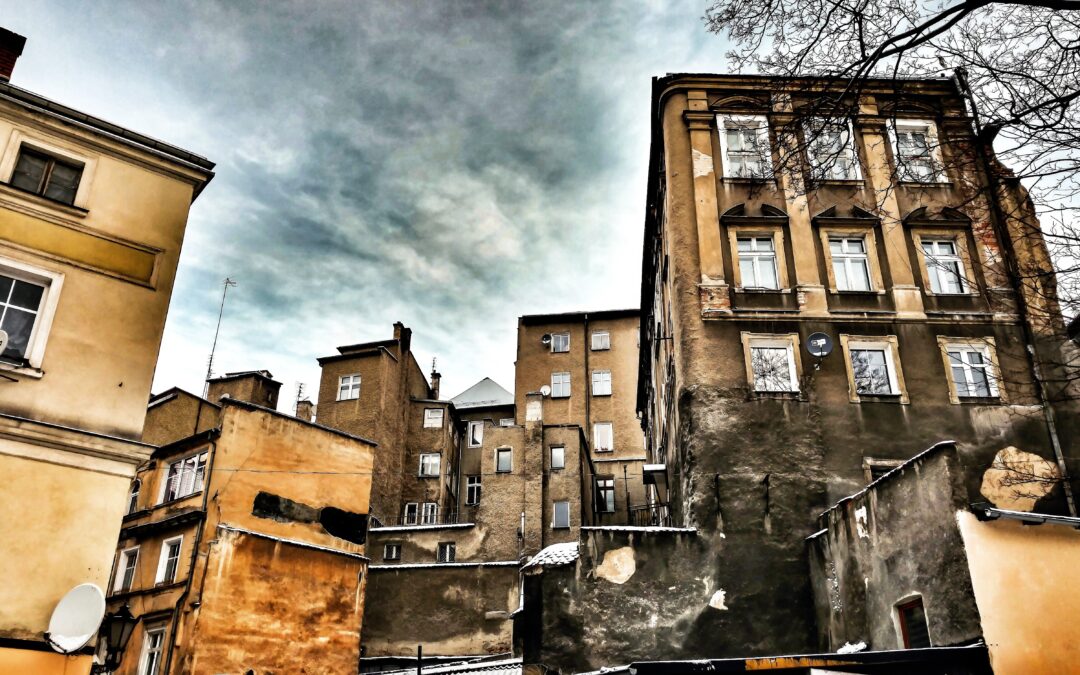Almost two million dwellings in Poland – around 12% of the total number – were uninhabited when the national census was taken in early 2021.
The findings come despite the country facing a housing shortage, exacerbated this year by the arrival of over a million Ukrainian refugees, which has further pushed up already record rental prices
Of the 1.8 million uninhabited dwellings (11.7% of housing in Poland) at the end of March 2021, 207,000 were in Warsaw alone, where a fifth of homes stood empty, reports financial news service Bankier.pl, citing data from Statistics Poland (GUS), a state agency.
Towns with a population under 20,000 had 639,000 vacant dwellings between them. Data on uninhabited premises was not collected in national census surveys before 2021, making direct comparisons difficult, Bankier.pl notes.
It adds that there are a variety of reasons for the number of empty homes in Poland. In official data, this category includes abandoned houses in rural areas, dilapidated urban flats, summer homes and real estate bought by owners to invest their capital.
Meanwhile, the COVID-19 pandemic may have had an impact on where people were living at the time the data was collected in March 2021, at which time Poland went back into full lockdown.
Poland ranks near the bottom among European Union countries in terms of housing statistics such as the number of rooms per person, with a lack of affordable housing forcing many families to live in overcrowded properties.
The number of dwellings in Poland did rise by over 1.7 million since the previous national census ten years ago to 15.2 million in 2021, according to GUS. However, PwC report published at the end of last year estimated that Poland still had a deficit of 2.2 million homes.
In an effort to tackle the shortage, Poland’s government wants to empower regional authorities to turn vacant shopping centres and office buildings into apartments. Some of these were left deserted as the pandemic saw a rise in remote working and e-commerce.
In June, it announced that it would abolish requirements for complicated permits to build single-family houses in an effort to encourage construction.
In 2016, the government also launched its “Home Plus” programme, which aimed to increase the stock of affordable housing for “people with a moderate income”.
However, a report by the Supreme Audit Office (NIK) earlier this year found that only 15% of the planned 100,000 new homes had been built by the end of 2019.
Main image credit: Clever Sparkle/Unsplash

Peter Kononczuk is senior editor at Notes from Poland. He was previously a journalist for Agence France-Presse (AFP) in London and Warsaw.




















